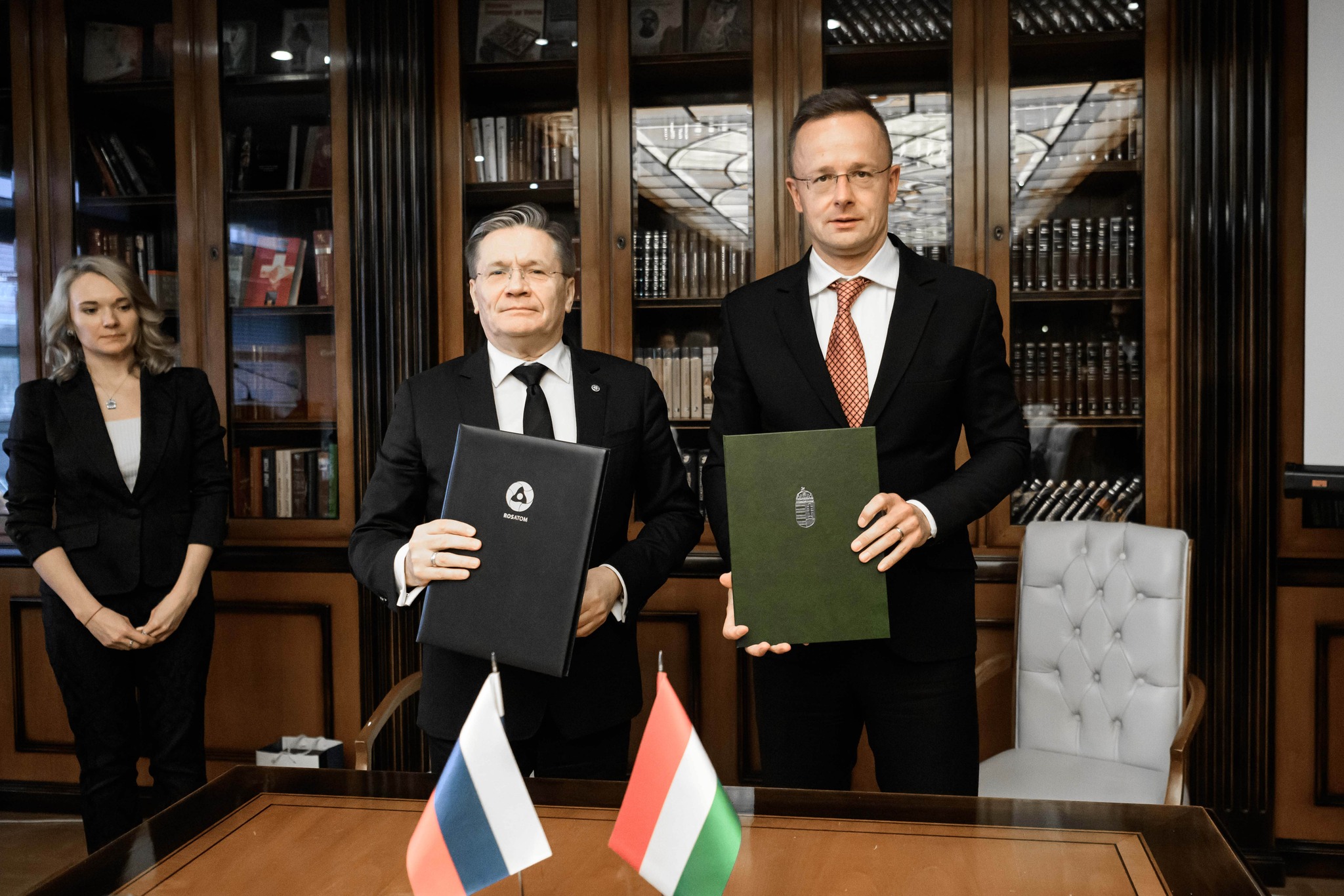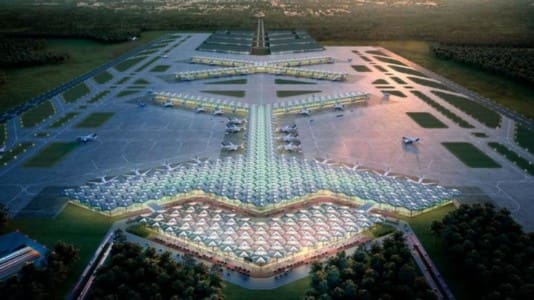Hungary and Russia signed three key accords regarding the country’s energy supply on Tuesday, Hungarian Minister of Foreign Affairs and Trade Péter Szijjártó announced in Moscow.
Following his talks with Russian Deputy Prime Minister Alexander Novak and the head of Rosatom, Alexey Likhachev, he said that although he had three pieces of good news for Hungary, it was predictable how his visit would be met with reactions from the international liberal mainstream and the domestic opposition.
“However, as long as the issue of energy supply is a physical issue and not a political or ideological one, like it or not, Russia and cooperation with Russia will remain crucial for Hungary’s energy security,” he pointed out.
[pp id=70559]
Szijjártó said Europe seems to be “taking it easy” now that winter is over, but the International Energy Agency recently issued an “ominous” report indicating that the really serious difficulties would come in the next heating season when security of supply would be critical.
According to Hungary’s top diplomat, the first issue is that there is no guarantee that the next winter will be as mild, and second, China’s energy demand will increase significantly following the reopening of its economy after the coronavirus outbreak. Thirdly, the necessary LNG capacity has not yet been built on the mainland.
Szijjártó said the uninterrupted supply of Russian gas was essential and welcomed an agreement to extend the option for Hungary to buy more gas than the long-term contracted volumes if necessary.
“Around 80 to 85 percent of Hungary’s gas supply comes directly from Russia, so the continuity and uninterrupted supply of this gas is fundamental and critical for us,” he said.
The second agreement also extended the possibility for Hungary to pay any price above €150 for natural gas on a deferred basis, irrespective of the current gas price.
“Of course, thank God, today’s energy prices are much lower than that, but the past year has shown us that we need to be prepared for extreme situations,” he said.
As a final point, Szijjártó said that Russia has also assured that it has all the technology, know-how and components to keep the TurkStream pipeline running despite the sanctions so that this year’s maintenance and upkeep work will go ahead without a hitch. He added that if this pipeline had not been built because of “many friendly threats,” it would be virtually impossible to supply Hungary today.





